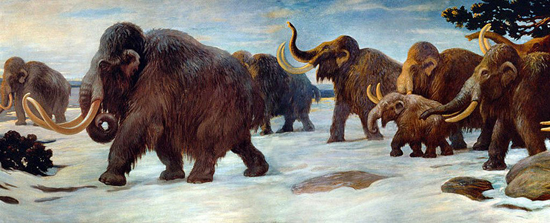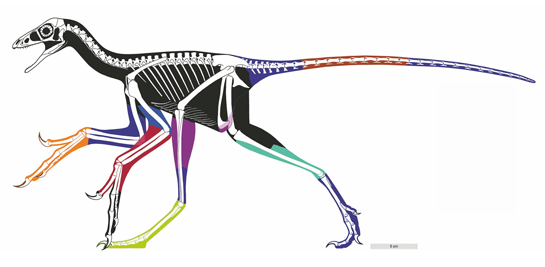New website – Shopping Portals
Saturday morning saw everyone at Everything Dinosaur working as usual sorting out orders, despatching parcels and devising the running order for our new 2008 calendar (coming soon, we promise)! We had a team meeting and amongst matters debated such as the expected shipping dates for our new clothing range and the organising of our blackberry picking expedition (more of this in a later blog); an e-mail that we had received was discussed.
Everything Dinosaur
The e-mail had been received late on Friday night (14th September), it was from a gentleman based in Northamptonshire (East Midlands of England) stating that he had linked our website to the dinosaur page on his shopping site. The site aims to provide a resource for busy people to find on line toys and gifts under one electronic roof as it were. Our IT expert calls this a shopping portal/shopping directory and although the site is relatively new, it has already built up an impressive list of mail order businesses.
I suppose it makes sense to include Everything Dinosaur if you are going to create a dinosaur page on a site such as toy-shelf.co.uk. After all, we are a company that specialises in prehistoric animals and with staff that are parents, teachers and dinosaur experts we certainly fit the bill.
We are very lucky to get registered on a lot of directories and shopping portals, we are a very credible company that has been around for a number of years and with all the new products, our blog and the new websites we are planning our online presence is growing all the time.
Find Everything Dinosaur on the World Wide Web
Picture credit: Everything Dinosaur
We wish the team behind this new website every success.
To visit Everything Dinosaur’s own award-winning website: Visit Everything Dinosaur.
A New Shopping Portal
This new website heralds from Northamptonshire. This county, situated in the middle of England has a fascinating geology. Underneath towns such as Daventry and Northampton there may well lie the remains of dinosaurs, many of them totally new to science. There are also likely to be a number of marine reptile fossils lying under the ground awaiting discovery. The truth is Northamptonshire has some remarkable geology. Much of the underlying and exposed strata is sedimentary rock albeit mixed in with a good deal of Quaternary (late Pleistocene) glacial melt water deposits and alluvial concentrations in the Nene valley in the direction of the Wash basin.
The majority of the sedimentary rocks found in the county date from the Jurassic period (208-144 mya), including rocks dating from the lower and mid Jurassic. For most of this time, the land that was to become Northamptonshire was underwater, it was covered by a shallow sea. Overtime as sea levels rose and fell (transgressive phases), the influence of river deltas and the deposition of sediments from the land was felt. These sediments make up part of the great Jurassic belt that runs from Dorset in the south to Cleveland in the north, but unfortunately so far no noteworthy dinosaur fossils have been discovered. If we do find any dinosaur fossils in strata such as the lower lias (dating from the early Jurassic) then they are likely to represent new genera as the fossil record for this particular part of the Mesozoic is very poor.
Finding Dinosaurs
Finding dinosaurs in Northamptonshire could be tricky, as the geology represents a predominantly marine environment. Dinosaurs were purely terrestrial so unlikely to swim far out to sea and end up deposited as bones ready to be fossilised in the middle of the sea – but many dinosaur fossils have been found in marine sediments. For example, on many of our visits to our chums at Charmouth and the Visitor Centre on the Jurassic coast we marvel at the remains of several scelidosaurs that they have. This little armoured dinosaur lived in the early Jurassic and is only known from fossils recovered from in and around the Charmouth area. Although very much a “land-lubber” it seems that flood events occasionally washed animals and carcases out to sea and this is how a small, quadrupedal, herbivore was found in these marine sediments. Only eight Scelidosaurus fossils are known in the world, all of them having been found within one mile of the Charmouth visitor centre.
So for the people of Northamptonshire, you never know what might be lying just underneath the top soil in your garden!







Leave A Comment